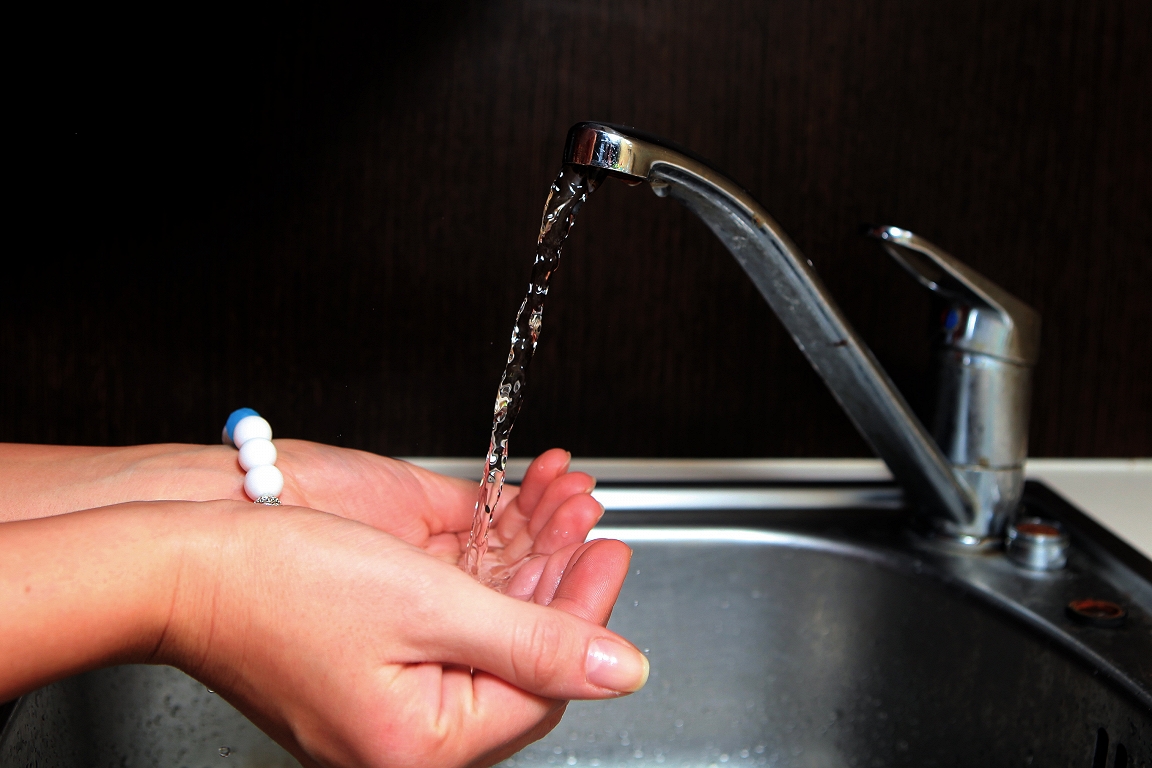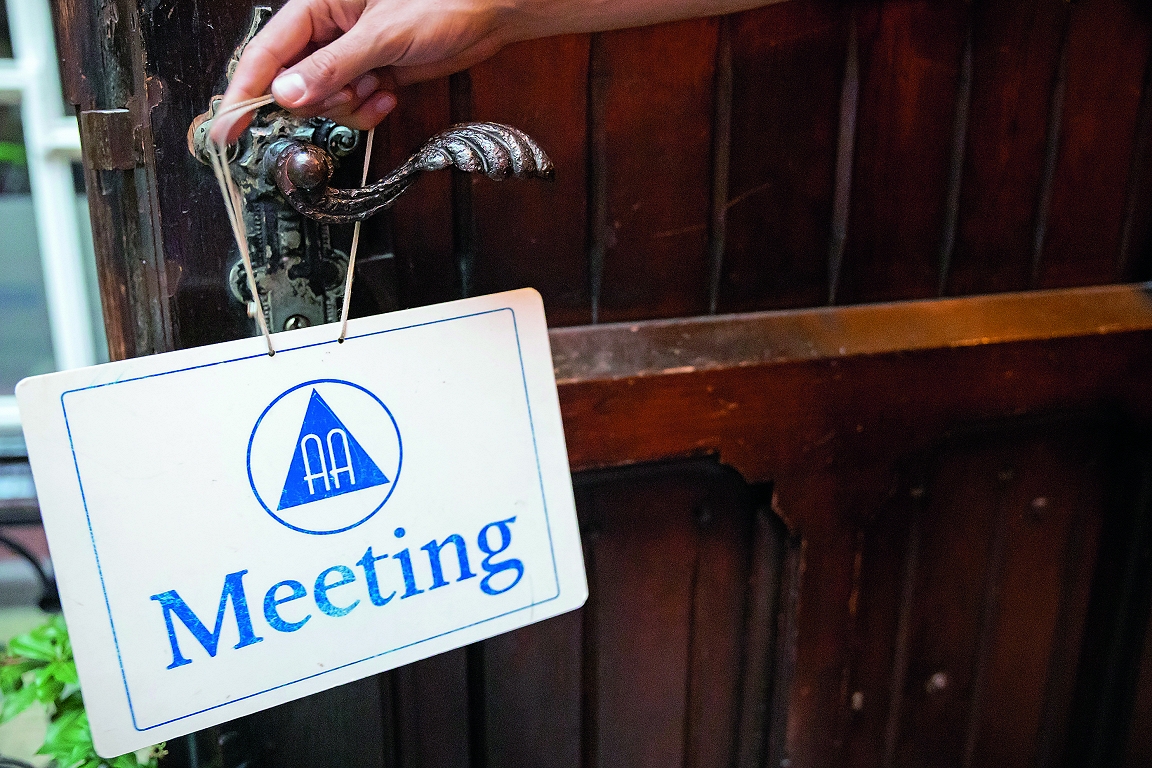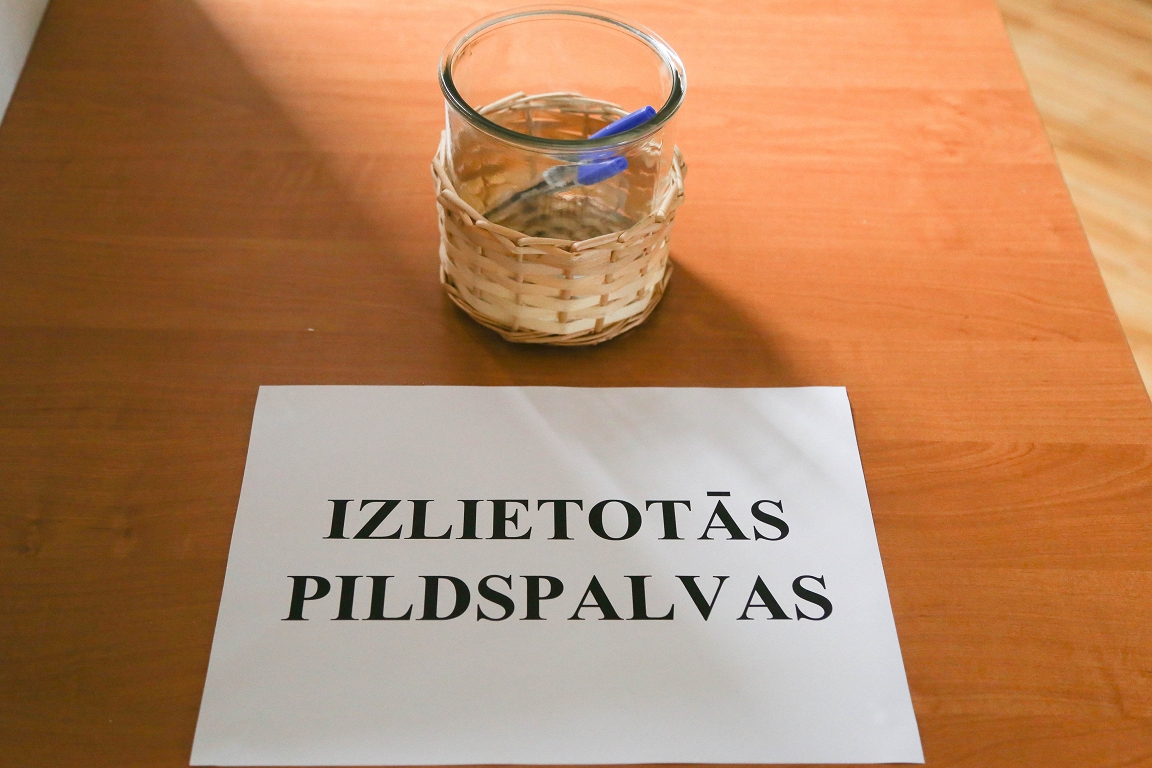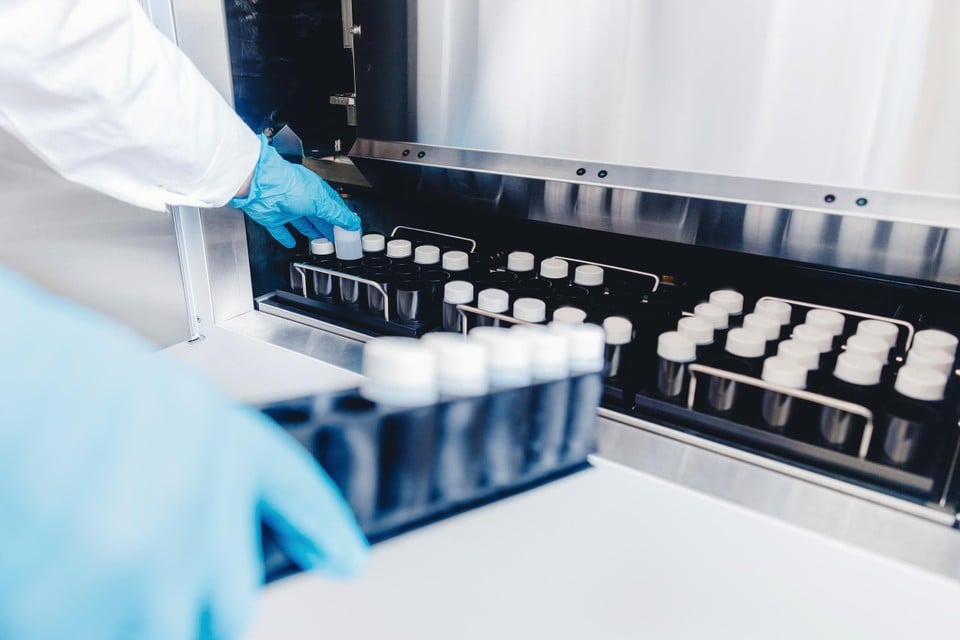So far approved 54 dangerous E. coli infection cases / day

The data released on Thursday had information on 58 cases, but the SPCC indicates that it was a mistake. There are currently 54 sick, including seven adults.
On Friday, information was received about one new case. It is a child and he treats outpatients. He visited the kindergarten, where there was a previous record of the disease.
Cases have been detected in various suburbs of Riga, Liepaja, Jelgava, Ropazi, Kekava, Salaspils, Adazi, Sigulda, Cēsis and South Kurzeme regions.
Cases are recorded in 28 educational institutions, including 26 kindergartens and two primary schools.
As reported, 16 children are treated with an approved E.Coli infection with approved E.coli infection, of which 11 are treated in the infection department and five in an intensive care unit.
Epidemiologists are working in several directions when driving an investigation and has been conducted by a number of large -scale measures, the SPCC said Thursday.
The initial results of microbiological examinations may indicate some of the outbreaks of E.Coli infection with some products, as well as a combined outbreak, when one product is contaminated with various pathogens, the SPCC said on Thursday.
Specialists of the Center continue the epidemiological examination of the infection and have drawn the above conclusions after receiving the first results from the laboratory.
The Food and Veterinary Service (FVS) said on Friday that the presence of E. Coli bacteria producing the samples that have been investigated so far.
The SPCC explains that all people and animals in the gut have bacteria called Escherichia coli (E. coli) or intestinal stick. They are part of our normal bacterial flora and usually harmless. However, there are specific strains of E. coli, which are able to form toxins or poisonous substances and cause serious illness.
These strains are called Stec/VTEC (E. Coli, a toxin or Verotoxin). They can cause severe, bloody diarrhea, which in some cases causes acute renal failure, which requires intensive care.
The main reservoir of these strains is herbivorous animals, especially cattle. The cause is excreted from the animal or from the human body with feces. A person can become infected by consuming infected foods, under -heat -treated beef, uncooked milk, unwashed or raw fruits or vegetables. Transfer of infection directly from person to person is also possible.
The SPCC reminds food to be treated for a thermally, rinse under running water, and in particular products that will not be heated before consumption. If the symptoms of infection occur – cramping abdominal pain or bloody diarrhea should be contacted immediately.
In Latvia, this infection was recorded last year in 42 cases. On average, four to five cases of this infection are recorded per month, the SPCC points out.








